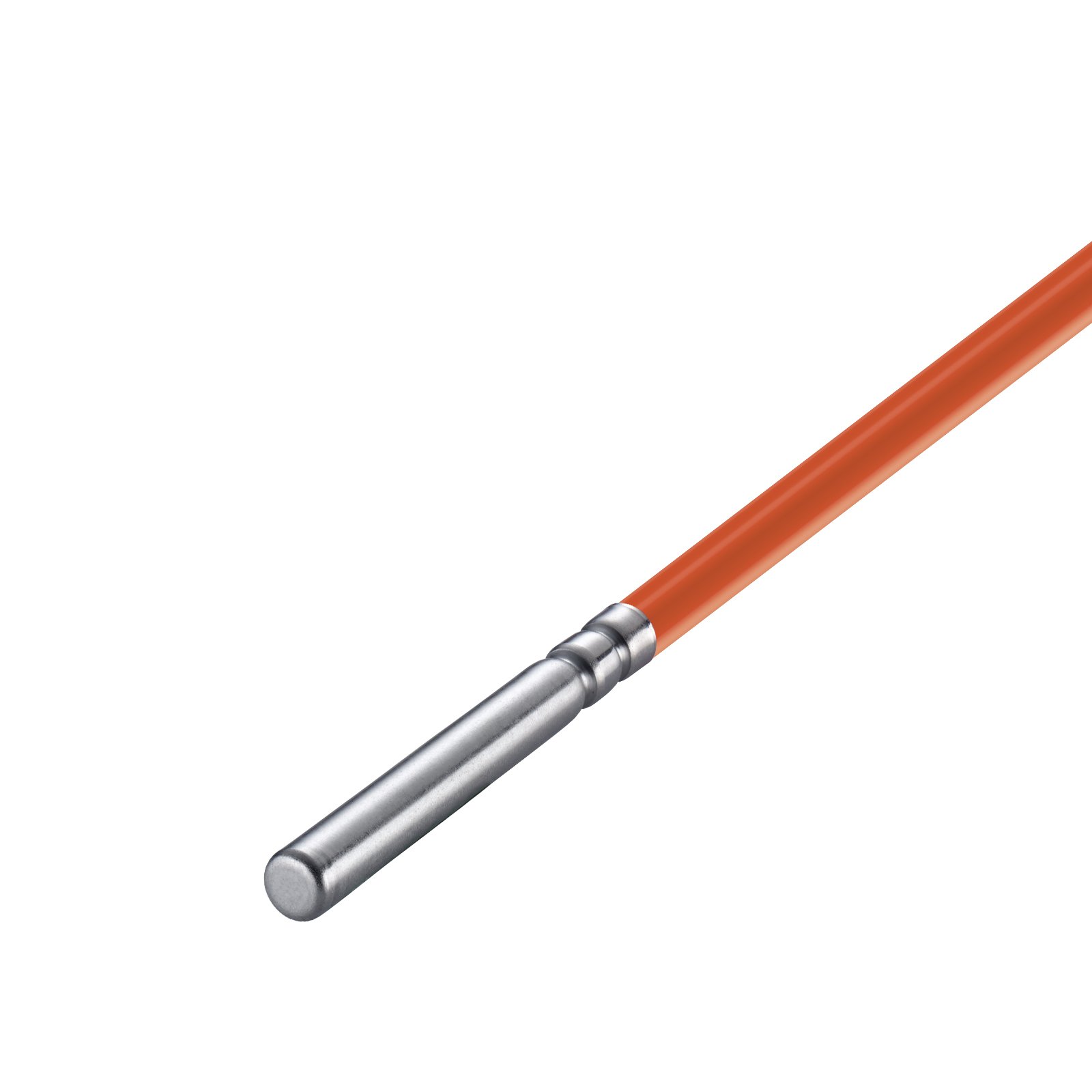Resistant to moisture and harsh environmental conditions
Resistant to moisture and harsh environmental conditions
Solar probe
Solar probes help to use solar heat in buildings and to reduce fuel consumption significantly.
Temperatures must be monitored and analyzed at the relevant points on the collector and in the heating circuit, in the flow, return and storage tank. Collector sensors are also used to measure the temperature of the collector and thus control the collector cooling.
With the qualified temperature probes from Testo Sensor, you have all measuring points exactly in view.

Solar probe
Technical requirements Solar probes
Solar probes should be of high quality and at the same time cost-effective. Solar temperature sensors are exposed to harsh environmental conditions because they are used on the roof. In summer, solar collectors can reach temperatures of over 200 °C due to intensive solar radiation. In winter it gets cold down to -40°C and in between rain, snow, fog and humidity affect the cable sensors. Nevertheless, the temperature probe should reliably fulfil its function over a long service life of 15 years and display temperatures correctly within the specification with long-term stability. Therefore, temperature sensors for solar systems must be particularly robust against the change between high and low temperatures, humidity, ice and meltwater in the environment.
Design Solar probes
Solar probes have to be moisture resistant due to the application. Therefore usually, elaborately qualified, multiple-rolled cable probes with stainless steel sleeve and moisture-resistant silicone cable are used. Platinum sensors or thermistors are used as sensors. Based on your individual specification, the temperature sensors can be manufactured either with cable and wire end sleeves or with the appropriate connectors for your application. We would be pleased to discuss your specific measuring task and then suggest an appropriate and qualified temperature sensor type.
Data sheets Solar probes
Sales person for Solar probes.

- Testo Sensor GmbH
- Testo-Str. 1 | 79853 Lenzkirch
- +49 7653 96597 0
- +49 7653 96597 99
- info@testo-sensor.de
- Neu: Testo Sensor Webshop